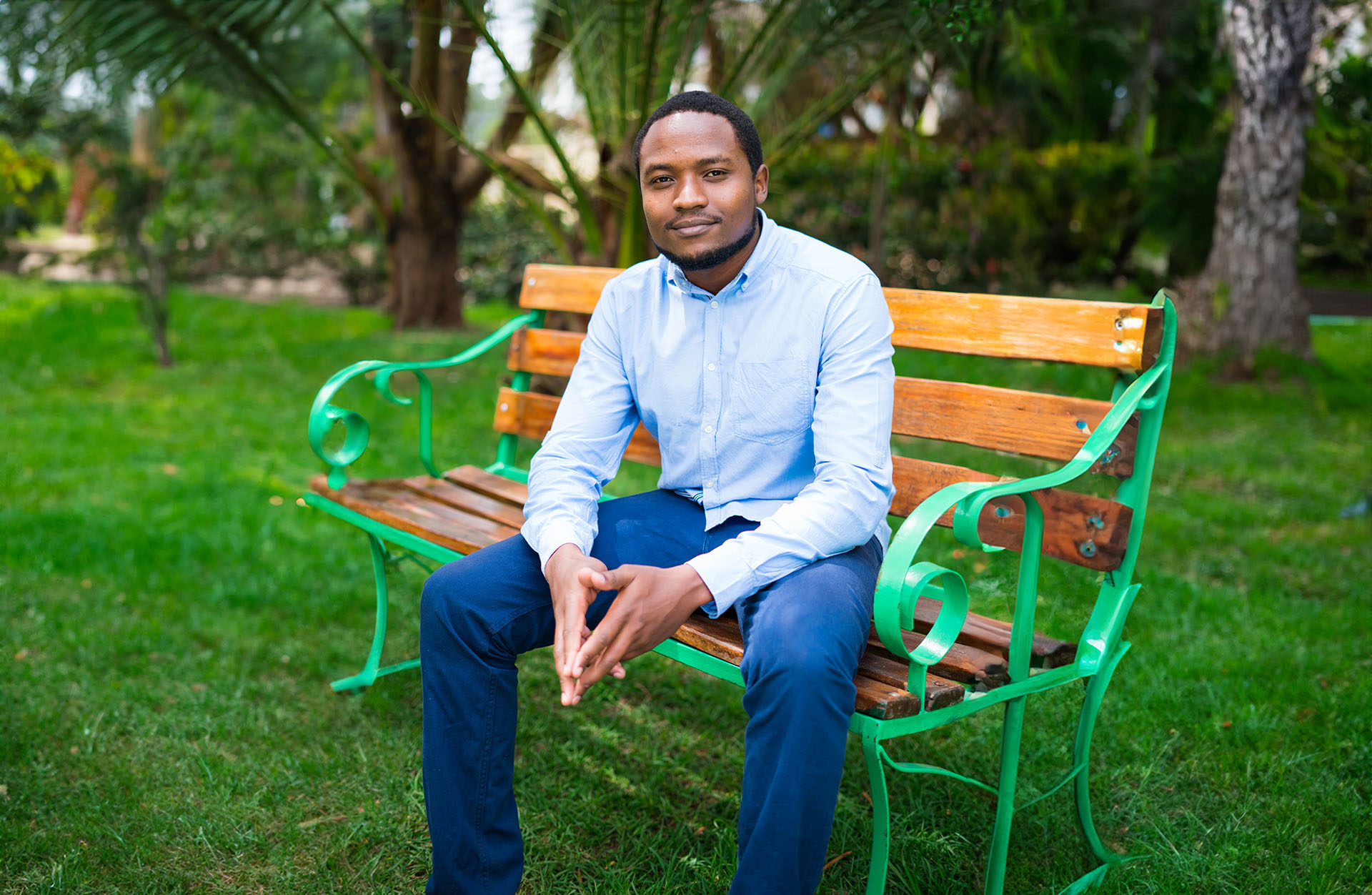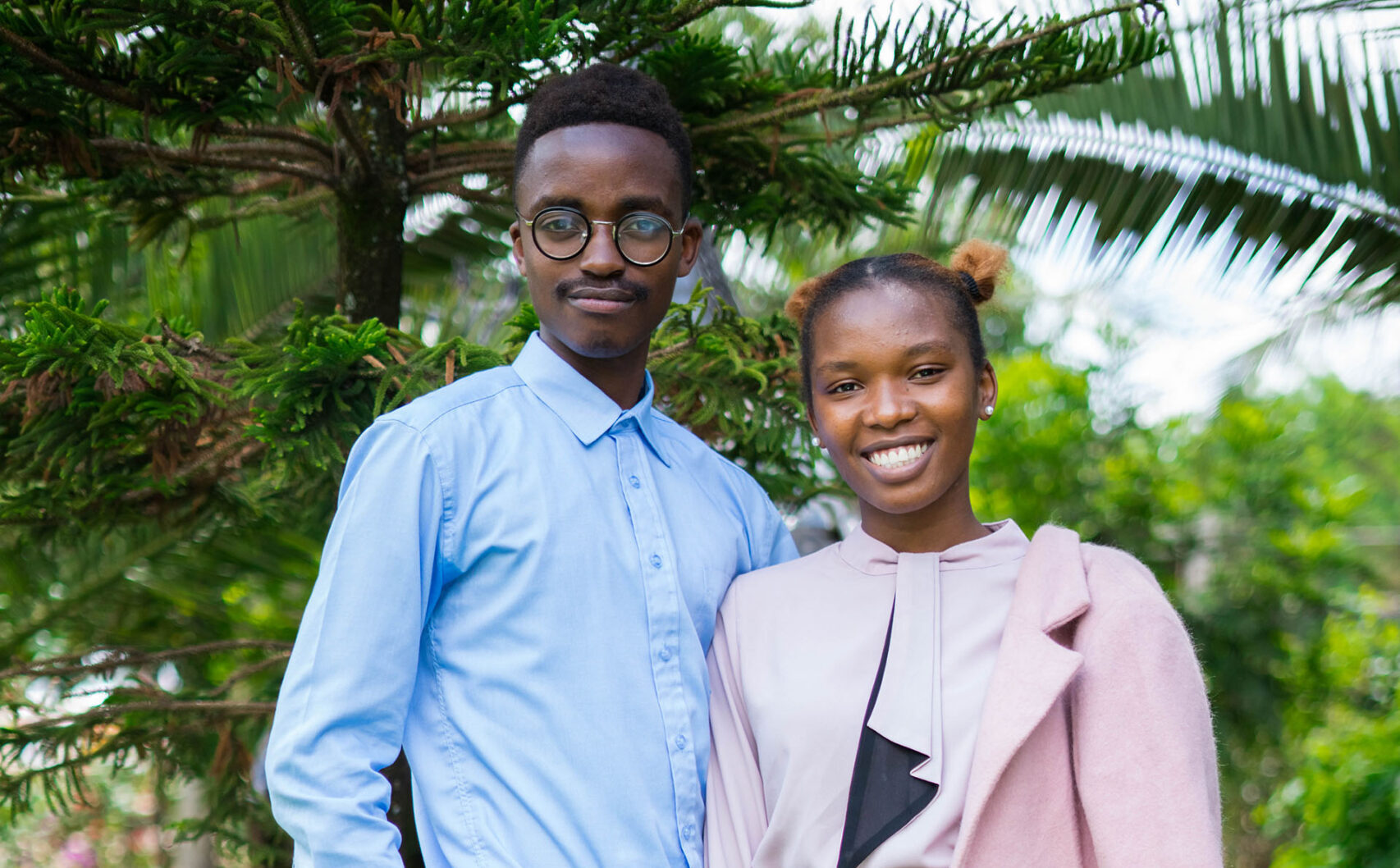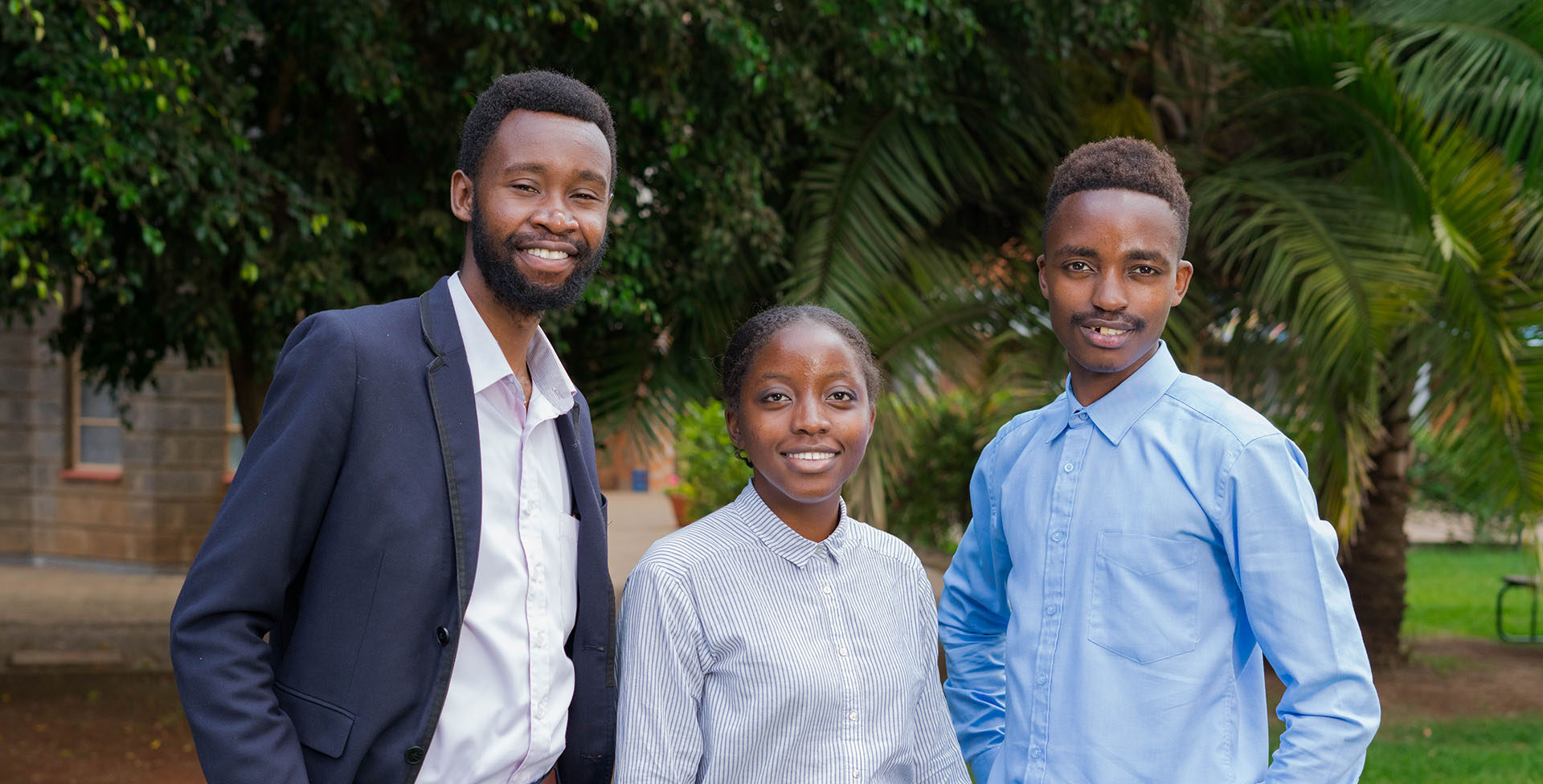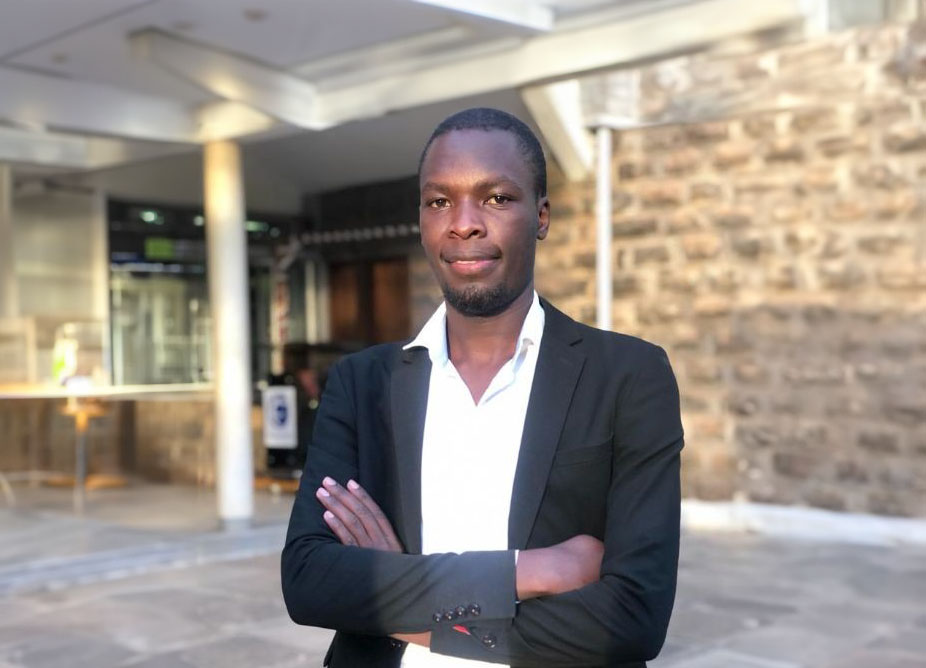The beginning of September 2017, four engineering 5th year students brainstormed together for a project to present at the annual JKUAT Tech Expo. The shiny object for them was the prize money of KES 100,000 for the winner with KES 50,000 and 25,000 for the runners up which they aimed to split four ways. “I lived on a farm in Eldoret and having a lot of interaction with farmers in our community led me to research on cold storage.
We decided to come up with a simpler, cheaper solution that would integrate into existing technologies to solve the post-harvest losses encountered by farmers.” Chang’ach notes. They needed KES 30,000 to get the prototype done, so he decided to take his rent money and invest in the project. “What gave me the courage to take my rent money was the fact that at Lapid we were doing Business Model Canvas’ and I knew that because we were all engineers competing at school the focus would be technical but a business aspect would give us an edge with the judges.”
Two weeks to the competition they took the prototype to a ‘mama mboga’ near campus, who put in her tomatoes and vegetables for a test run. They took a video of her using the product and giving a positive testimonial. During the Expo, their stand had a lot of interest as they kept running the video on TV and were sure they had bagged the 1st prize. However, thy ended up in 4th place and after asking for feedback, they were told that their business model hadn’t made sense. The capital Chang’ach was minus rent but his landlord didn’t even notice as he had always paid it on time.
A few weeks later in December, he came across another competition by Kenya National Innovation Agency and applied despite the high eligibility criteria because there was nothing to loose. He got selected for the Leadership Innovation Fellowship which was a partnership between the Kenyan Government, the Royal Academy of Engineering and the Newton Fund. “I found myself in London for a two week training in February 2018 and once back, began working on financial modeling and budgets to submit for funding that was available to all the innovators who’d attended. By April, we got the unbelievable news that we had secured $30,000 (KES 3M).” The money was to turn the prototype into an actual product and commercialise the business within a 15 month period and would be disbursed in three phases. They had registered the company as 3 co-founders as one person had dropped out immediately after their loss in the tech expo.
We used our initial inventory of humidifiers bought for our cold storage devices, re-invested the money from sales back in and have kept that cycle going. We actually now have a supply problem, more orders than we can handle. The rewards Chang’ach notes that their first ever customer came through Lapid- Dr. Subiri Obwogo was running a session on Agribusiness and had a challenge of high mortality rates at his poultry farm in Njiru. “I joined Lapid because I was targeting graduate trainee programs for employment and needed to skill up to be able to pass the interviews which coincidentally happened in the same time frame as the tech expo. Most students were doing it to get money (myself included) or a certificate of participation but through Lapid I was able to think about it long term- the pitch, value proposition and customer profile.
The reason we recorded the ‘mama mboga’ video was the pitching lessons at Lapid which helped at getting the Royal Academy Engineering fellowship as the eligibility criteria was a prototype that had been tested on the ground. I got into entrepreneurship due to Lapid and it flipped my entire life script.



